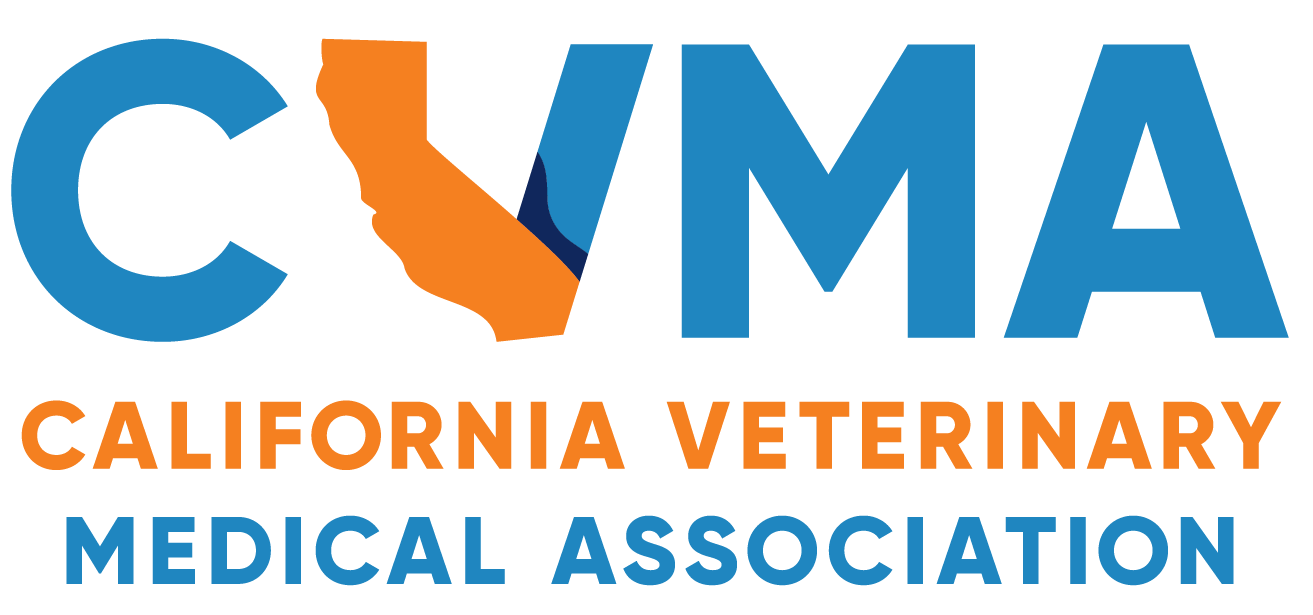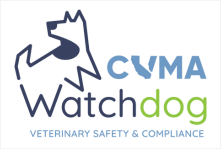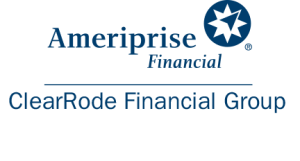
This article was originally printed in the May/June 2025 issue of the California Veterinarian magazine.
Understanding the basics of investing is an essential first step toward building a strong financial foundation, but many people don’t know where to get started. Here are five concepts that can be helpful for new investors to grasp:
If you are young, time is on your side.
Building wealth through investing is not about getting rich quickly. Rather, it’s about taking advantage of what works best for your circumstances. If you have recently entered the workforce, your biggest advantage is time. Earnings generated in your portfolio, even if modest in the beginning, can compound over time. The more time you give your money to grow, the greater the potential for growth over the long haul.
Be prepared for market swings.
Any variable investment you choose—such as stocks, bonds, or real estate—is subject to fluctuation. History shows that markets move up and down over time. Be prepared to see your portfolio suffer losses at various points throughout your investing life. Historically, markets have recovered from negative periods (although in some circumstances, individual investments like a specific stock can suffer losses and never recover). Try to maintain a long-term view with your investments by not reacting to day-to-day events.
Find your comfort level in the markets.
Markets are unpredictable, so it’s important that you’re intentional about the level of risk you’re willing to accept. If you have a lower risk tolerance you can choose investments that are less susceptible to fluctuations, but be sure to consider the effects of inflation eating into your rate of return.
On the other hand, if you have a higher risk tolerance and you can stomach watching your portfolio fluctuate more widely in value, you may want to pursue investments that offer potentially higher returns. But remember, there are no guarantees. The key is to find a level of risk you can live with over the long-term and invest accordingly.
Spread your wealth through asset allocation.
Asset allocation is the process of spreading your investment dollars across several categories of investments. The mix of categories, or asset classes, you own is an important factor in your overall portfolio performance. In other words, how you divide your money between stocks, bonds, cash, cash alternatives, mutual funds, and other asset classes will determine the outcome—and hopefully the return—you realize.
As you select your investments, consider dividing your money among asset classes that respond differently to market forces. This investment concept, called diversification, can help you minimize the effect of market swings. If your investments in one class are performing poorly, investments in another class may be performing better. Ideally, gains in one class can help offset losses in another, which can help minimize the overall impact of volatility on your portfolio.
Make your long-term financial security a priority.
It can be challenging to focus on the long-term when you have other pressing financial obligations, such as paying off student loans or building an emergency fund. However, if you can allocate a small portion of your budget to your future goals, you may ease your financial burden down the road.
Consider investing a percentage of each paycheck into a workplace retirement plan or an individual retirement account (IRA). You’ll become accustomed to living within the rest of your paycheck while the amount you have earmarked for retirement is given time to grow. If your company offers a match on those savings, be sure to take advantage of it.
A successful investor maximizes gain and minimizes loss. Though all investing involves risk and there can be no guarantee that any investment strategy will be effective, these basic principles can help you strategically build your nest egg over time.








